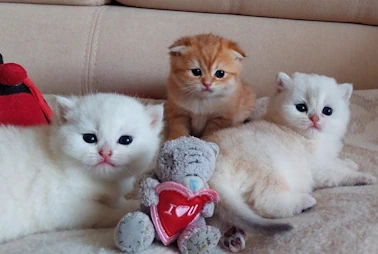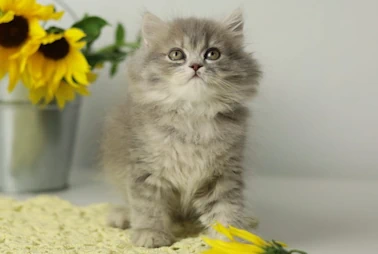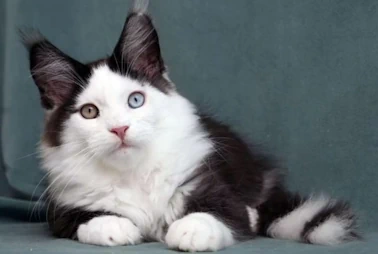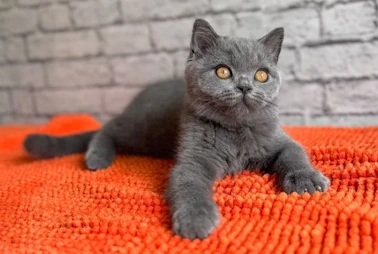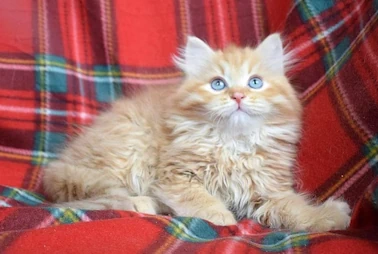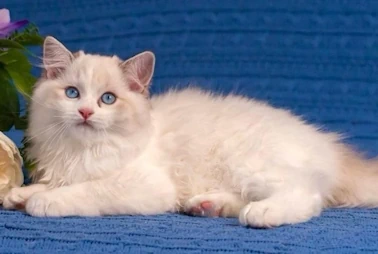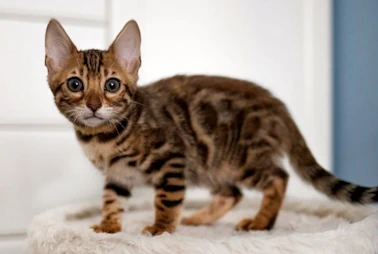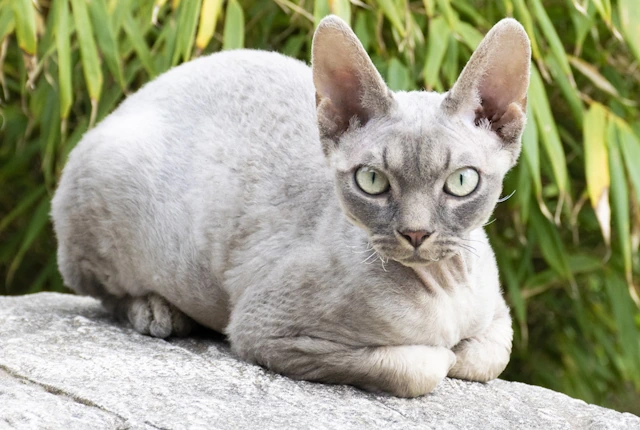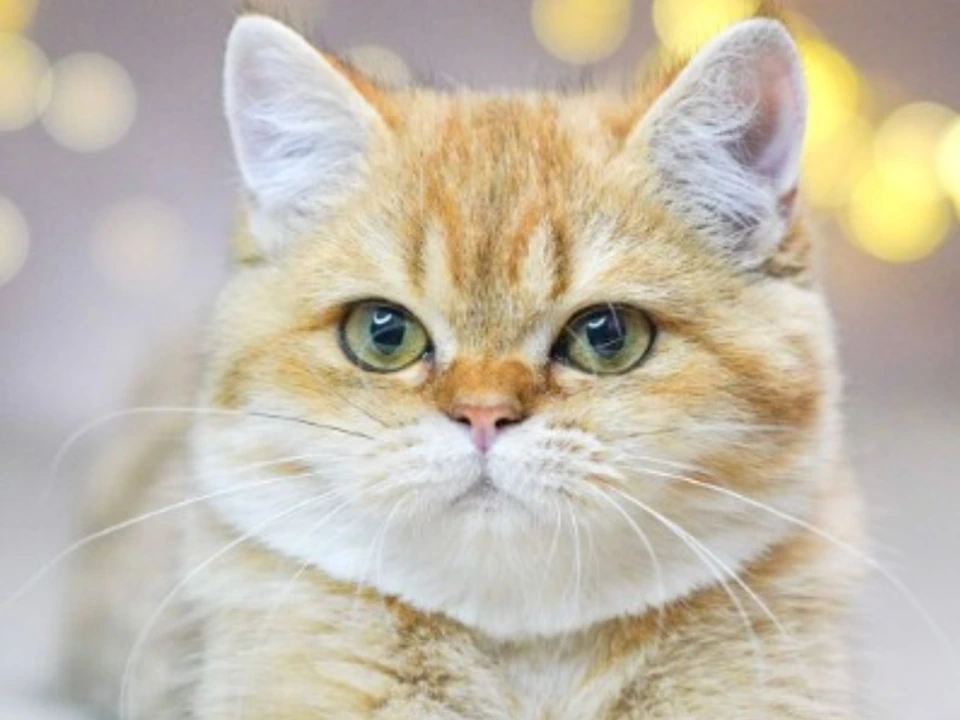
British Shorthair Kittens Cats discover amazing near me!
The British are in pretty good health. Character is also a hallmark of British cats.
The British cat is a rare species for our country. The animal has a thick, short coat and a massive body. A feature of the breed is the combination of gray color with bright orange eyes.
The British are also known for their obstinate nature – they like to draw attention to themselves, do whatever they want, and often do not listen to their masters.
History
The animals are native to Great Britain. There is no exact history of the breed's origin, but there are several versions. According to one of them, the most popular, the British already existed during the Roman Empire. But back then, they were not so much pets as faithful companions of warriors and travelers. Thanks to their dense coat, endurance and unpretentiousness, the cats tolerated harsh conditions well. It is believed that these cats spread around the world thanks to seafarers who took the animals with them on their travels.
Appearance
The appearance of the British cat is distinguished by the fact that it has a short, dense coat, often gray in color. Spotted and striped colors can be found. A distinctive feature is the bright orange color of the eyes, there are also blue and green. Brits have broad cheekbones, small, rounded ears and cheeks. Cats of this breed grow slowly, reaching 4 to 6 kilograms. They have powerful legs and developed musculature.
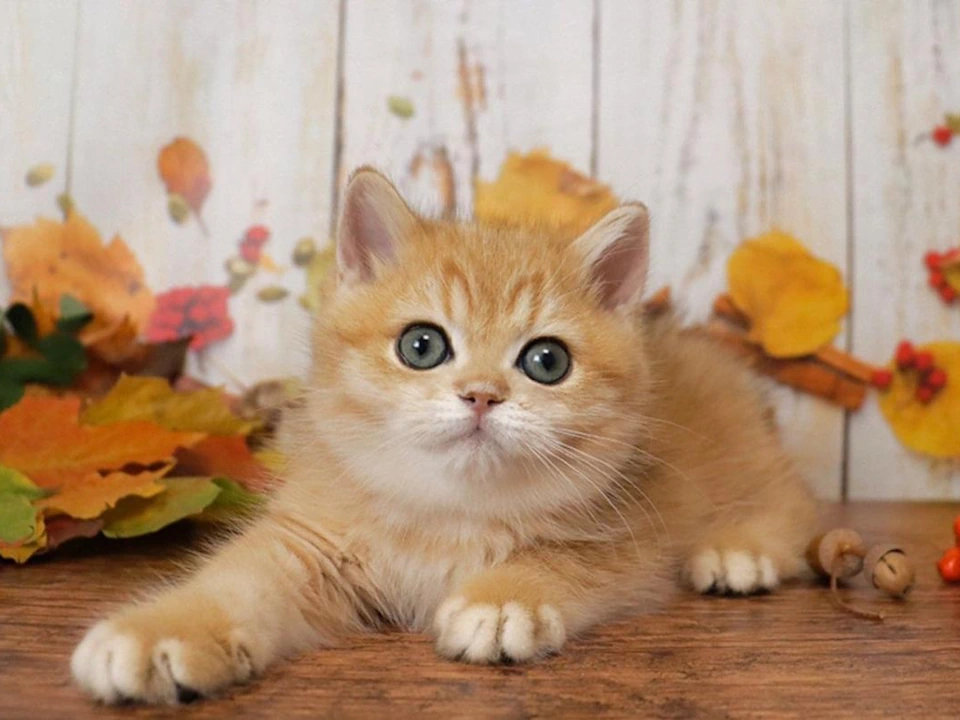
Character
The character of British cats is also a distinguishing feature of them.
Although a lot of the behavior of an animal depends on upbringing, genetics still makes itself felt. The British can be calm and nice, or they can do whatever comes to mind. Common traits of their character are love of affection and attention, obstinacy and touchiness. Cats can do the latter when they are ignored and shouted at – the British are good at recognizing the tone of voice and react negatively to scolding.
Health
The British have pretty good health, but sometimes it still bothers the animals. Diseases in British cats can be either genetic or acquired.
Among the genetic ones are polycystic kidney disease and cardiomyopathy. The first case is characterized by the development of a cyst, and the second is characterized by a heart disorder.
Acquired diseases are often associated with obesity resulting from poor diet.
Brits can also have urolithiasis, characterized by the appearance of stones in the bladder, an eye disease characterized by eye discharge and swelling, as well as dental problems, helminths and fleas.
Attitude towards the owner
British, like cats of other breeds, are very attached to their owner, the person who feeds them and takes care of them. In gratitude, they spend time with him, caress him, obey him. British cats accompany and meet their owner, they allow only him to stroke them.
Care
British cats are considered to be very clean animals, but grooming is still a must. It includes combing, washing, and cutting.
It is often not necessary to wash the animals, in this regard, they do a great job themselves. A sufficient amount is 2 times a year, if there is no serious contamination. The process of washing is similar to the process of taking a bath by a child: collect a small amount of water, so that the animal does not sink completely, add a small amount of special shampoo, and carefully, with massage movements, distribute it over the cat's body. After that, use a towel and wrap the Brit in something warm.
It is important that there are no drafts in the house. As for the haircut, it should be entrusted only to professional masters, since you can injure the animal on your own. But when giving your cat to the salon, always be there so that psychologically the pet is calm.
Nutrition
The main problem in the nutrition of the British is their tendency to be overweight.
It is also necessary to monitor the cat's nutrition and provide it with all the necessary vitamins and minerals. You can feed your British cat both ready-made foods and natural products, but it is important to maintain a balance and variety in the diet.
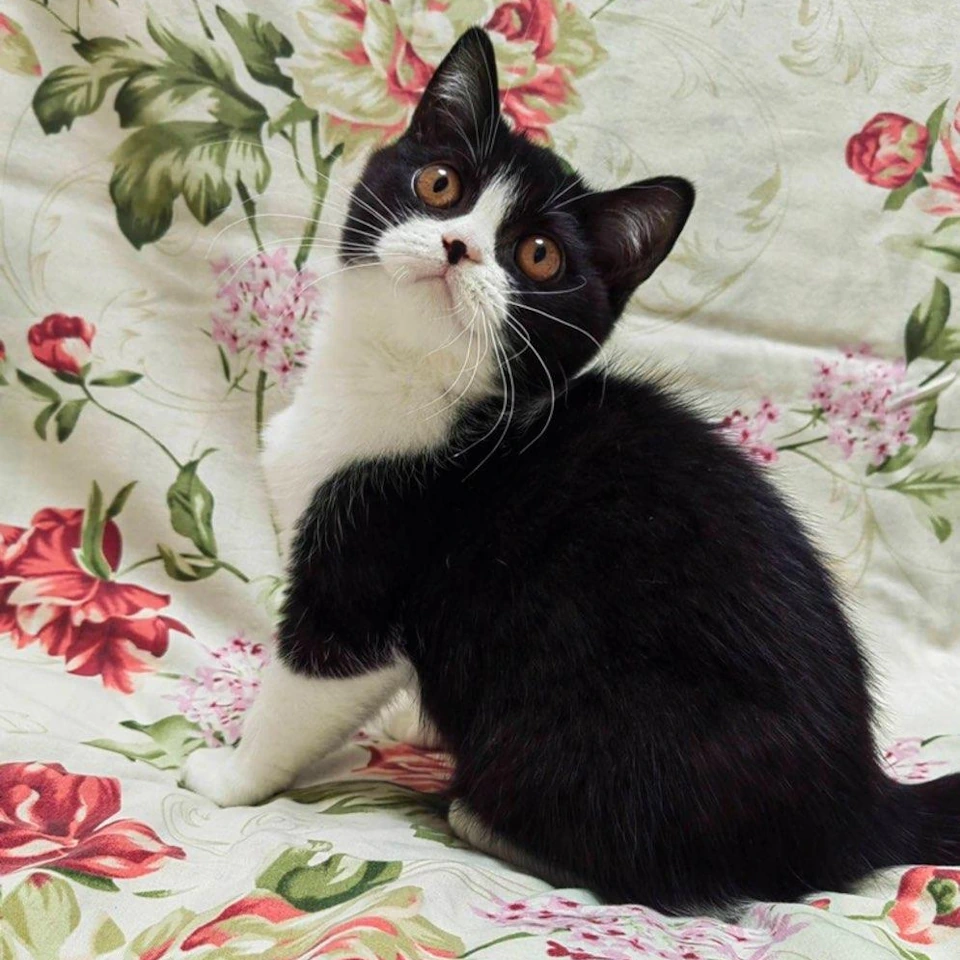
Our Kittens for sale!
- Affectionate, easygoing, sensible, friendly.
- Once known as the British Blue and exclusively bred for blue-gray coloring, the British Shorthair cat now comes in a multitude of colors, but it retains its typical rounded profile and it's delightful – yet somewhat reserved – personality.
- Gregarious, kind, intelligent, family-oriented.
- Bold features, a thick, luxurious coat, and an incredibly friendly personality set the Maine Coon cat apart from the rest.
- When you meet a Maine Coon cat, you'll understand why they are nicknamed the gentle giants of the cat world!
- Folded ears and sweet expressions, these family-friendly cats are cute beyond compare.
- Family-oriented, quiet, affectionate, loyal.
- Gentle and playful, Scottish cats are less rambunctious than many other breeds.
- Energetic, friendly, playful, affectionate.
- Formally known as the Siberian Forest Cat, the Siberian is a medium-sized semi-long-haired breed with a stunning triple coat and a charming personality.
- Intelligent and playful, the Siberian cat loves to give and receive affection.
- Sweet, easygoing, gentle, relaxed.
- While some kitties dislike being held, the Ragdoll cat seems to live for cuddles. And while many cats are content to keep themselves entertained.
- Ragdolls actively seek the company of their favorite humans, following family members from one room to the next.
- Energetic, curious, affectionate, intelligent. The Bengal cat originated as a cross between the Asian leopard cat and a domesticated cat.
- Playful and active, Bengal cats are excellent pets.
- These incredible felines enjoy affection and develop close bonds with their family members.
- Doglike, energetic, people-oriented, mischievous.
- Petite size, pixie-like facial features, and an incredibly sociable personality make the Devon Rex cat a favorite.
- If you've been looking for a low-shedding cat, the Devon Rex comes close.
